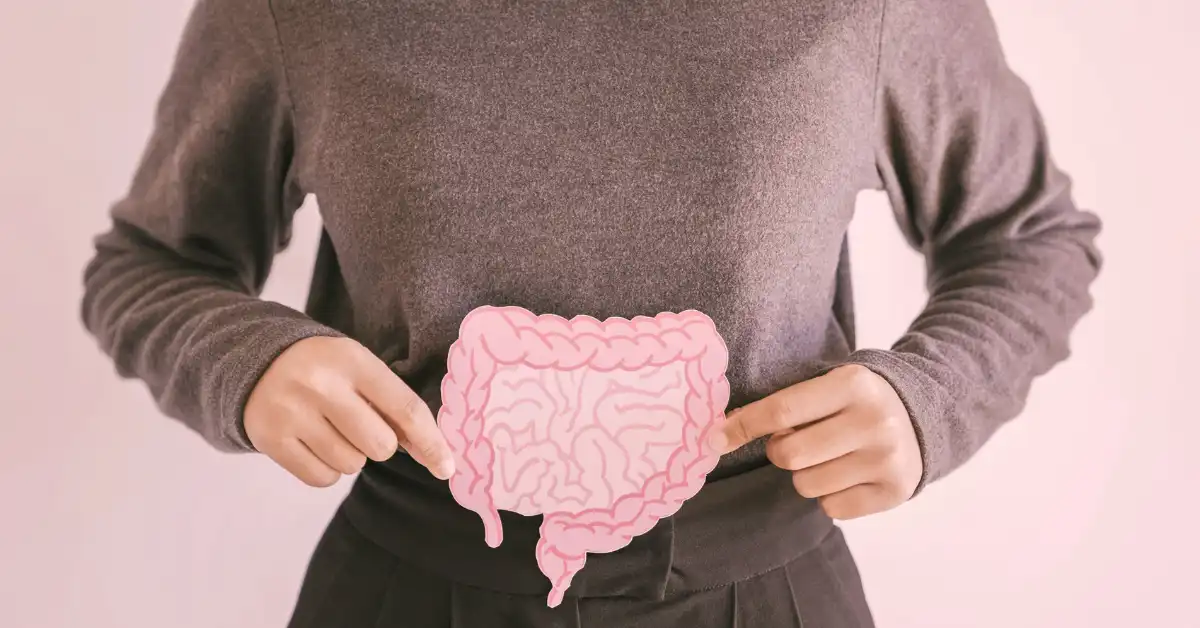Maintaining a healthy digestive system is crucial for overall well-being. Our digestive tract plays a vital role in breaking down the foods we eat, absorbing essential nutrients, and eliminating waste products. Fiber, a type of carbohydrate found in plant-based foods, is an essential component of a balanced diet that supports digestive health. In this article, we will explore the significance of fiber, its benefits for digestive health, and practical tips for increasing fiber intake.
What Is Fiber?
Fiber is a type of carbohydrate that cannot be easily digested by the human body. It can be categorized into two types: soluble and insoluble. Soluble fiber dissolves in water and forms a gel-like substance that can help regulate blood sugar levels and lower cholesterol. Insoluble fiber, on the other hand, does not dissolve in water and helps promote regular bowel movements by adding bulk to the stool.
Fiber is found in a variety of plant-based foods, including fruits, vegetables, whole grains, legumes, and nuts. Some excellent sources of fiber include berries, avocados, broccoli, whole-wheat bread, lentils, and almonds. Incorporating these fiber-rich foods into your diet is essential for maintaining a healthy digestive system.
Benefits Of Fiber For Digestive Health
Fiber plays a crucial role in promoting digestive health in several ways:
- Regularity and Constipation Prevention: Insoluble fiber helps regulate bowel movements by adding bulk to the stool, making it easier to pass. This can prevent constipation, a common digestive issue.
- Gut Microbiome Health: Soluble fiber serves as a prebiotic, which means it nourishes the beneficial bacteria in the gut, promoting a healthy gut microbiome. A balanced gut microbiome is essential for proper digestion, nutrient absorption, and immune function.
- Reduced Risk of Gastrointestinal Disorders: A high-fiber diet has been linked to a reduced risk of developing conditions such as hemorrhoids, diverticulosis, and colorectal cancer. Fiber helps maintain regular bowel movements, reducing the strain and pressure that can contribute to these disorders.
Read More: Critical care & ECMO in the era of COVID-19
How To Increase Fiber Intake
To reap the benefits of fiber for digestive health, it is important to gradually increase your fiber intake. Here are some practical tips:
- Incorporate more fruits and vegetables: Aim to include a variety of fresh fruits and vegetables in your meals and snacks. Opt for whole fruits instead of juices, as the juicing process removes most of the fiber.
- Choose whole grains: Replace refined grains with whole grains like whole-wheat bread, brown rice, and oats. These are excellent sources of insoluble fiber.
- Increase legume consumption: Lentils, beans, and peas are rich in both soluble and insoluble fiber. Incorporate them into soups, salads, or as a side dish.
- Snack on nuts and seeds: Almonds, walnuts, and chia seeds are high in fiber and make for a nutritious snack option.
- Increase fiber intake gradually: Sudden increases in fiber intake can lead to digestive discomfort, such as bloating and gas. Gradually increase your fiber intake over time to allow your body to adjust.
Conclusion
Fiber plays a crucial role in maintaining a healthy digestive system. By incorporating fiber-rich foods into your diet, you can promote regular bowel movements, support a healthy gut microbiome, and reduce the risk of developing gastrointestinal disorders. Prioritizing a high-fiber diet not only benefits your digestive health but also contributes to overall well-being. Start making simple dietary changes today by increasing your intake of fruits, vegetables, whole grains, legumes, and nuts, and enjoy the long-term benefits of a fiber-rich lifestyle.
FAQs
Reference
- Harward Health – 11 foods that lower cholesterol- https://www.health.harvard.edu/heart-health/11-foods-that-lower-cholesterol
- Mayoclinic- Constipation- https://www.mayoclinic.org/diseases-conditions/constipation/symptoms-causes/syc-20354253




